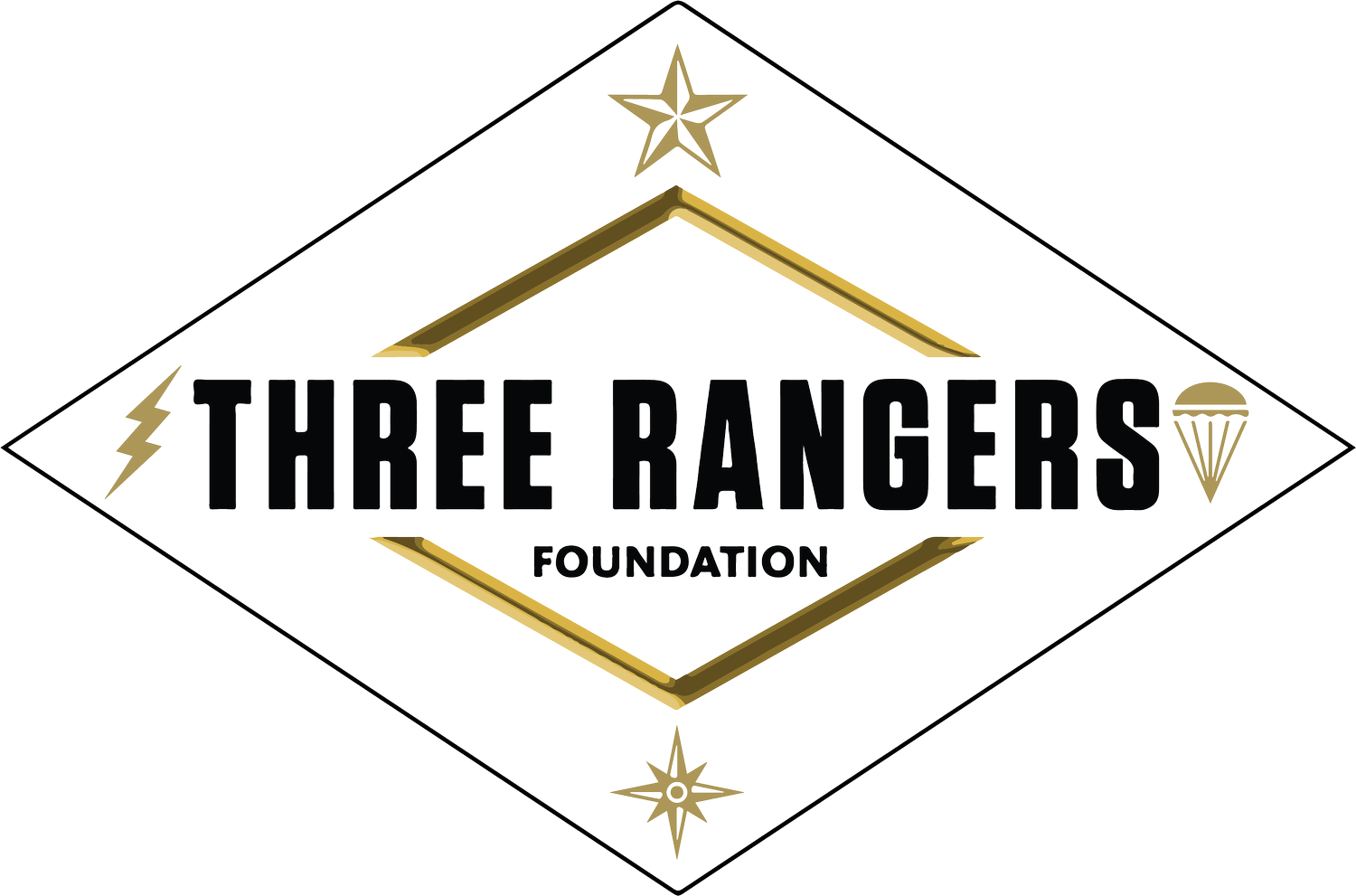SUCCESSFUL TRANSITION
I often get asked, “How do you measure a successful transition?”
My answer is- well, transition starts at enlistment and is a lifetime event. It’s a process of ups and downs based on how events unfold at a point in time. Chances are pretty slim that you will ever be involved in an organization with the same sense of purpose and group of people as you had in the Ranger Regiment. So, maybe you can’t replicate that, but you can live the Ranger Creed and hold yourself to the same standards that your Ranger Buddies held you to. If you do, others will follow.
Post-transition issues stem mostly from 3 things: a bad transition, financial issues, and relationship problems. The Ranger for Life (RFL) program aims to get “left of boom” on those by addressing 5 main lines for effort.
Education: One of the tenets of RFL is education must be done while on active duty. Take advantage of programs the Army and Regiment provide. Go see the Education counselors! You’ll need a BA/BS. It’s like Preliminary Marksmanship Training- you can’t be successful at Advanced Marksmanship Training without it. Maybe it doesn’t seem important now, but once you leave the service, the people who control what opportunities you are going to get, well, they think it’s important. Success is getting as much education as you can while on active duty.
VA Benefits: Not just disability!! When do you start thinking about it? Now!! Go see the RFL counselors and/or attend a VA benefits brief or RFL Symposium. Like everything a Ranger does, preparation is key to success. A Ranger never goes anywhere by himself, and don’t attempt to do VA by yourself! There is way too much you don’t know! VA is for life! If you want to do something- anything- check with the VA or a VSO, and see if there is a Federal or State VA program available. Success is adhering to the Benefits Delivery at Discharge process timeline and using a VA-certified Veterans Service Officer.
Financial Wellness: The Financial Wellness roadmap for Rangers and families has to happen during active duty. Most of us really never had to survive financially on our own before the Army. Your buying power is GREATLY reduced after you leave the service, even if you are making “a lot more” money. Understanding Insurance and Healthcare are the two huge factors. Your RFL counselor can give you a roadmap to financial wellness. It’s a simple checklist, developed by Rangers, for Rangers. They can’t and won’t try to tell you how to spend or invest your money, but they can provide the information you need to understand the basics if what success is. Get a financial advisor you can trust to help you understand how to best balance and use (a better word than invest) your spending power now and in the future. Shop around until you feel good about the person you work with! Success is understanding where your money goes.
Networking: Networking is like Roger’s Ranger Rule of Rangering #4. “Some time before you come to the place you would reconnoitre, make a stand, and send one or two men in whom you can confide, to look out the best ground for making your observations." Good career or college opportunities are a result of recommendations and mentorship from a trusted network that has walked that path. It's not what you know - it is who you know, who knows people, and who knows things. Networking is about relationships, not a list of people you connect with over LinkedIn. Networking and building a network is vital for success. Eighty percent of opportunities come because of recommendations. When an organization posts a position, they pretty much know who they are going to hire, or where they hope to find them- relationships!! Networking is meeting people (in person or digitally) and building a relationship. Building a network is keeping in touch and adding value to those relationships. Many think we meet (network) people and these people are supposed to do favors for us. That's the wrong way of approaching it. You don’t build a relationship by taking the conversation as how they can help you. You let them give you advice and lessons they have learned, and you reward them by listening and taking what applies to you. Success is realizing that your network can never be too big, but it’s about relationships. Don’t ask for a job, develop a relationship.
Mental, Physical, and Spiritual Wellness: A network of trusted friends to regularly stay in touch with- whether that's through LinkedIn, Signal, veteran organizations, lunches, reunions, texts, phone calls, church, civic organizations- and finding a way to help others. Success is staying in touch with people who are important to you, who understand things the way you do. Realizing the best way to help yourself, is to help others!
Transition is a lifelong event. Success is in preparation.
